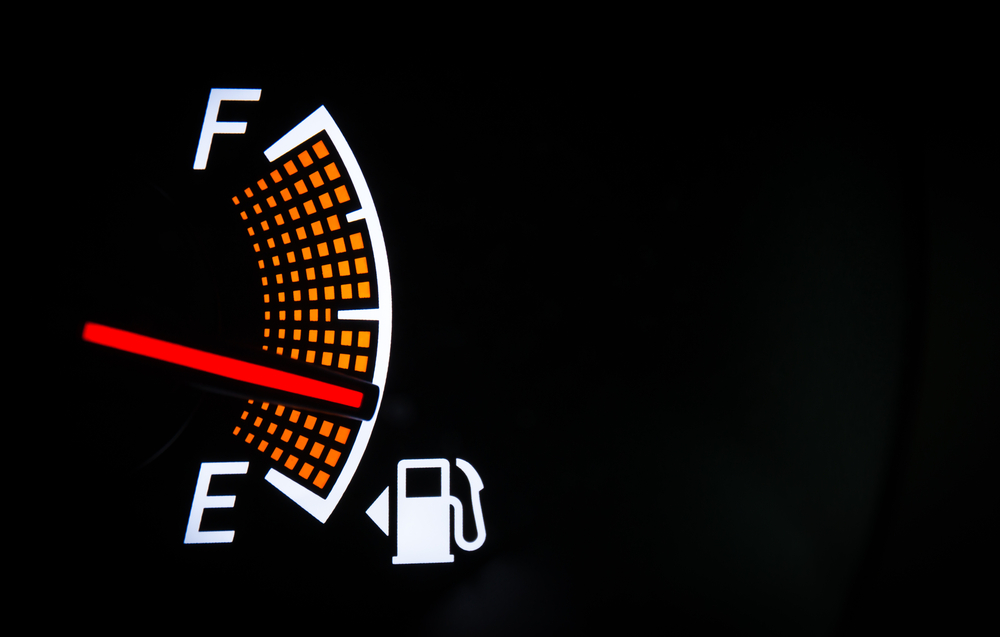
Fuel-economy standards have increased the price of new vehicles, and this is preventing many families from making new car purchases, Heidi King, National Highway Traffic Safety Administration (NHTSA) deputy administrator, told the House Energy & Commerce Committee Thursday.
“We know that newer cars are safer and cleaner than older cars,” King said. “We also know that consumers can choose whether to keep their older car or to purchase a newer, safer, cleaner car. This is relevant since there are already more cars than adults in our country. Standards that increase the price of a new car can hinder safety by discouraging people from replacing their older cars with cleaner, safer, newer cars.”
The average price of a new vehicle has increased 29 percent over the past 10 years to $37,000, while median family income has grown 6 percent, King said.
NHTSA and the U.S. Environmental Protection Agency (EPA) proposed the Safer Affordable Fuel Efficient Vehicles Rule last year. The rule establishes new greenhouse-gas and fuel- economy standards for passenger cars and light trucks for model years 2021-2026.
The rule will not prevent automakers from designing and building next-generation highly fuel-efficient vehicles, King said.
Only three major automakers met fuel-economy targets for model year 2017, according to the EPA.